- 27/03/2024
- Rohit Mishra
If you are a budding entrepreneur stepping into the world of online selling then Amazon FBA private label business is one of the most lucrative options that you have in hand. In this overview, we share with you some important guidelines on how you can start an Amazon FBA private label business from scratch and create a market presence that recognizes your brand and gives you growth throughout your business career.
What Is Private Label Amazon FBA?
In recent years private label business model has seen tremendous growth because of its vast potential to help entrepreneurs grow with minimum risk. Private label brands are products that are manufactured by someone else and sold by retailers and suppliers under their private label or brand.

Amazon FBA private label business is a business model where sellers first identify products on Amazon that have a high demand and then work in association with manufacturers to create similar products with better customization and sell them under their unique brand and private label.
The Amazon FBA offers the service of storage and fulfillment of orders on behalf of the seller. Here suppliers or sellers have complete control and legal ownership over the brand.
Why Choose Amazon FBA Private Label?
The Amazon FBA Private Label business model is garnering popularity because of various advantages that it brings along. Some of the major attractions of this business model are:
Low Entry Barrier: The Amazon FBA Private label business model allows sellers to easily enter the market without spending time and resources on market research or innovating new products. Sellers can easily trace high-demand products and sell customized versions of these products under their private label.
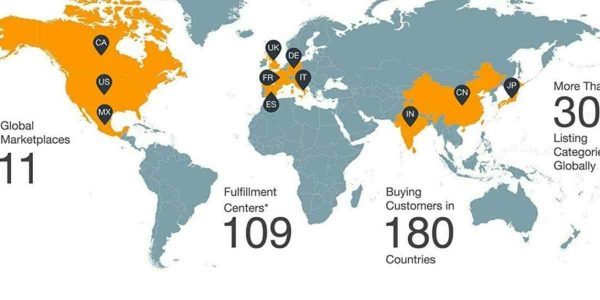
Global Reach: Online selling through the Amazon FBA as a private label business launching platform Model is one of the finest ways to tap a huge global market with millions of customers from different demographics, ages, and cultures. It helps sellers connect with their target consumers through an online platform through easy display and listing of their products.
Fulfilment Efficiency: The Amazon FBA private label business model offers the greatest efficiency as sellers can focus on sales generation. At the same time, Amazon takes care of your logistic needs, warehouse stocking, and shipping of orders. It requires zero investments from sellers for maintaining stocks and fulfills orders easily without any hassle.
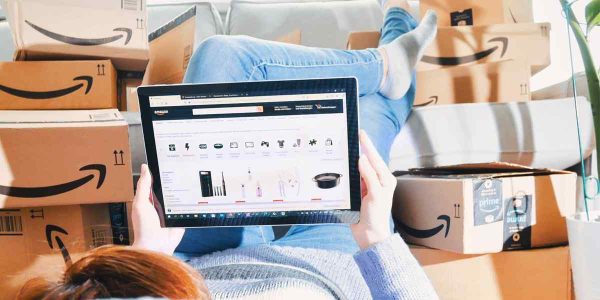
Branding Opportunities: When selling online through the Amazon FBA private label model, the sellers have complete ownership and control over their brands. From logo designing to packaging and promoting the brand through its assisted services like product listing and Amazon A+ content, sellers can use a well-defined marketing strategy to build and promote their brands.
Selling products online through the Amazon FBA private label platform is one of the safest and surest ways to harness the potential of online selling.
Starting Your Amazon FBA Private Label Business (Step-by-Step Guide)
Selling private label products through the Amazon FBA program requires considerable research and understanding of the online business and how it functions. Here we navigate you through the various steps that can help you establish your brand on Amazon and promise growth.
1. Product/Market Research
Before selecting a product for starting amazon private label business you need to carry out thorough research and track the best-selling products and those with the highest demand.
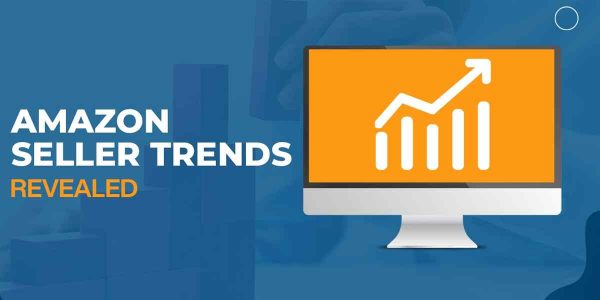
Considering your interest and business inclination towards a particular category search for the best-selling products in that section and track the top labels or brands making the highest sales. See what drives sales of that product and understand its strategic pricing policy. Choose products that have evergreen sales and a holistic market.
2. Source Manufacturers
Sourcing products from reputed and reliable manufacturers and suppliers ensures that your products are manufactured using quality ingredients and adhere to quality standards.
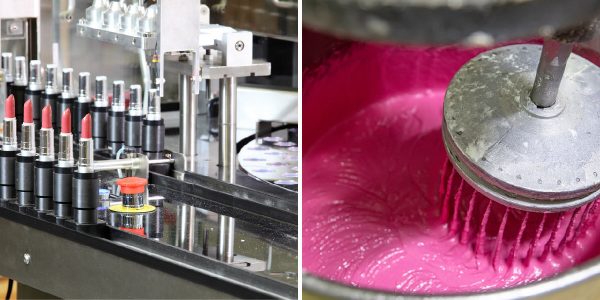
Some of the top manufacturers of cosmetic and skin care products and raw materials like Bo International support new entrepreneurs by strengthening their product line through an efficient supply of quality goods. Comparing products, obtaining product samples, and negotiating on prices can help you build your brand and ensure sustained growth through smooth functioning.
3. Get Product Samples
Once you finalize your products and shortlist the suppliers always ask them to send you samples of the product that you intend to sell.

Evaluating samples can help you check for quality control and also all the specifications with which you hope to improve the product for amazon private label business. Share samples of your products with prospective buyers and target consumers to obtain feedback and suggestions. This will help you to make changes to the products before you place any bulk orders.
4. Create Your Brand
Owning a brand and selling it on Amazon gives you the benefit of winning over direct competition, as no other seller is selling a similar brand or offering a similar story.
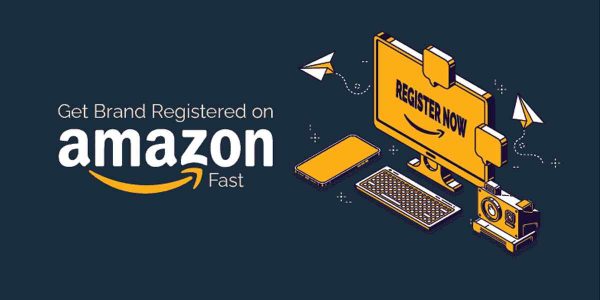
Therefore, create a brand with a unique selling proposition through exceptional branding, packaging, and promotional activities that create an instant connection with your consumers. Use design elements, attractive colours, and an eye-catching logo that translates your business vision and resonates with customer expectations.
5. List Your Product on Amazon
Once you decide on your products and the suppliers to start an amazon private label business, it is time to display your product list on Amazon and engage your customers. For this open a seller account on Amazon and create a product listing title.
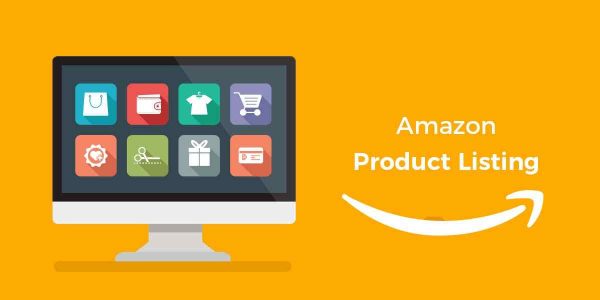
Research for keywords that are trending in the market and SEO-optimized product descriptions that best describe your products. Collect high-quality images of your products for display that define all the major specifications of your products. Analyze the product listings of your competitors and see how you can create an Amazon listing that stands out from others.
6. Set Your Price Point
Selling private label products through Amazon FBA gives you the liberty to set your competitive prices and compete in the open market.
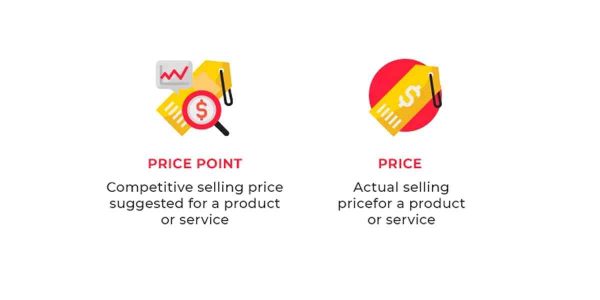
After evaluating competitor’s price strategy and considering your cost of production, you can set prices that offer the best quality products to your customers at the most budgeted price. Introducing combo offers and discounts can further lure customers and help you drive sales based on a strategic price point.
7. Utilize FBA Services
After finalizing your product and manufacturer to start a private label business on amazon, it is time to ship and deliver your products to the customers. For establishing a smooth supply chain, you can avail the FBA services of Amazon.
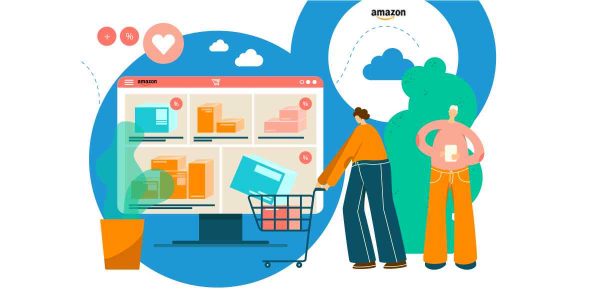
This service allows you just to obtain orders from the customers and leave the logistics to Amazon. Your products are stocked at Amazon warehouses from where they ship your orders to the customers, charging some additional fees to your seller account. From packaging to customer service, returns and refunds are all managed by Amazon.
8. Launch Your Product
Though selling products on Amazon looks easy, it isn’t. After listing your products on Amazon, you need to organize a product launch and introduce some promotional activities to apprise customers about your products.

This awareness and promotion leads to sales conversions and can set your amazon private label business going. Alternatively, you can use Amazon’s advertising policy for the promotion and display of your products. You can also use the social media platform and influencer collaboration strategy to spread awareness about your products.
Navigating through the above steps, you can successfully set up a seller account on Amazon and start your private label business with a sound understanding of how products are sold and delivered through the Amazon FBA scheme.
Drawbacks of Amazon FBA Private Label Business
All good things come with their share of flaws and so does the Amazon FBA Private label business, which you should be aware of before stepping into this field.
Higher Investment: Selling private label products through the Amazon FBA program requires considerable capital and a constant cash flow to order bulk products from the manufacturers and pay for brand creation, labelling, packaging, shipping, marketing, and delivering your orders. This reduces profit margins as you need to pay at every step, unlike reselling products where you can pick up stock at low prices and sell at higher prices.

Limited Control: Since all operational control is with the manufacturer and fulfilment partner, therefore you have limited control over the quality of the products. In case of bad quality or a defective product, the customer blames your brand and negative feedback can badly dent your business.
Time & Effort: When engaging in Amazon FBA Private label business, do not expect to generate results overnight. It takes considerable time to source products from reputed suppliers, build a brand, frame a marketing strategy, launch a product, and garner customer support and loyalty, which finally yields results.
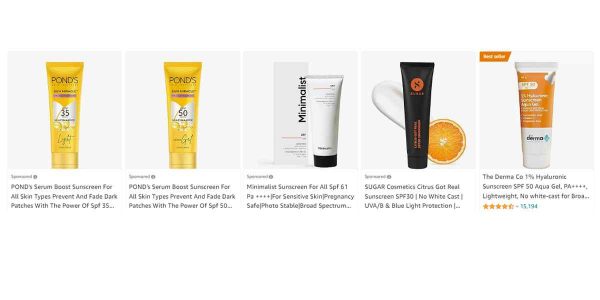
Competition: Selling products online on Amazon requires you to keep a close watch on your competitors, their marketing strategy, and their pricing policy. See how they respond to trends and changing demands in the market and innovate your product line and customer services accordingly.
However, do not let the above drawbacks of Amazon FBA private label selling deter you from your plan of online business, because the opportunities and benefits of the same far outweigh the drawbacks.
Conclusion
Like any other business, selling private label products through the Amazon FBA model requires the utmost determination to excel and a decent understanding of the online business.
Right from selecting a product niche, to selecting your manufacturer and listing products to launch your products and availing the FBA services to set your business in motion, you need to exercise prudence and good decision-making at each step. Remember, patience is the key to success and it takes days or even months to build a reputable brand that brings business and keeps the ball rolling.




